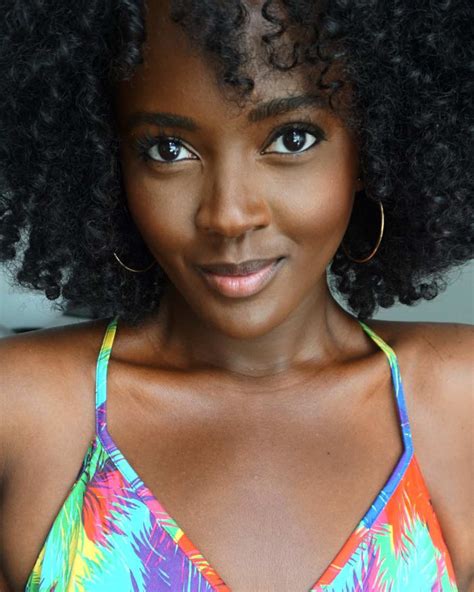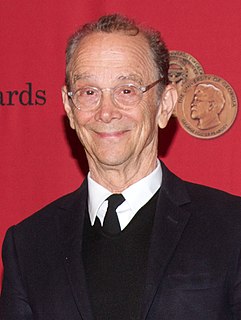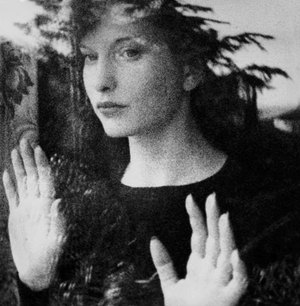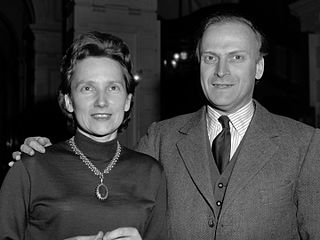A Quote by Jay Maisel
You must not think of yourself as looking at the stage from the audience. You must think of it as theatre in the round and look at it from all sides.
Related Quotes
Just as the historian can teach no real history until he has cured his readers of the romantic delusion that the greatness of a queen consists in her being a pretty woman and having her head cut off, so the playwright of the first order can do nothing with his audience until he has cured them of looking at the stage through the keyhole, and sniffing round the theatre as prurient people sniff round the divorce court.
One misconception I think is wrong is that being a larger size means, somehow, that you're neglecting your body, or you don't look after yourself, or you don't love yourself enough to lose weight. We've been saturated with the idea that to be happy you must be thin, or to be healthy you must be thin.
D.H. Lawrence, I think, defined the difference between writing an article and writing a novel very well. He said, in writing a novel, the writer must be able to identify emotionally and intellectually with two or three or four contradicting perspectives and give each of them very a convincing voice. It's like playing tennis with yourself and you have to be on both sides of the yard. You have to be on both sides, or all sides if there are more than two sides.
In writing a novel, the writer must be able to identify emotionally and intellectually with two or three or four contradicting perspectives and give each of them very a convincing voice. It's like playing tennis with yourself and you have to be on both sides of the yard. You have to be on both sides, or all sides if there are more than two sides.
I never like to play for myself, and that is why I don't own a grand piano. To play for yourself is like looking at yourself in a mirror. I like to practice; that is to work at a task. But to play there must be an audience. New things happen when you play for an audience. You don't know what will occur. You make discoveries with the music, and it is always the first time. It is an exchange, a communion.



































